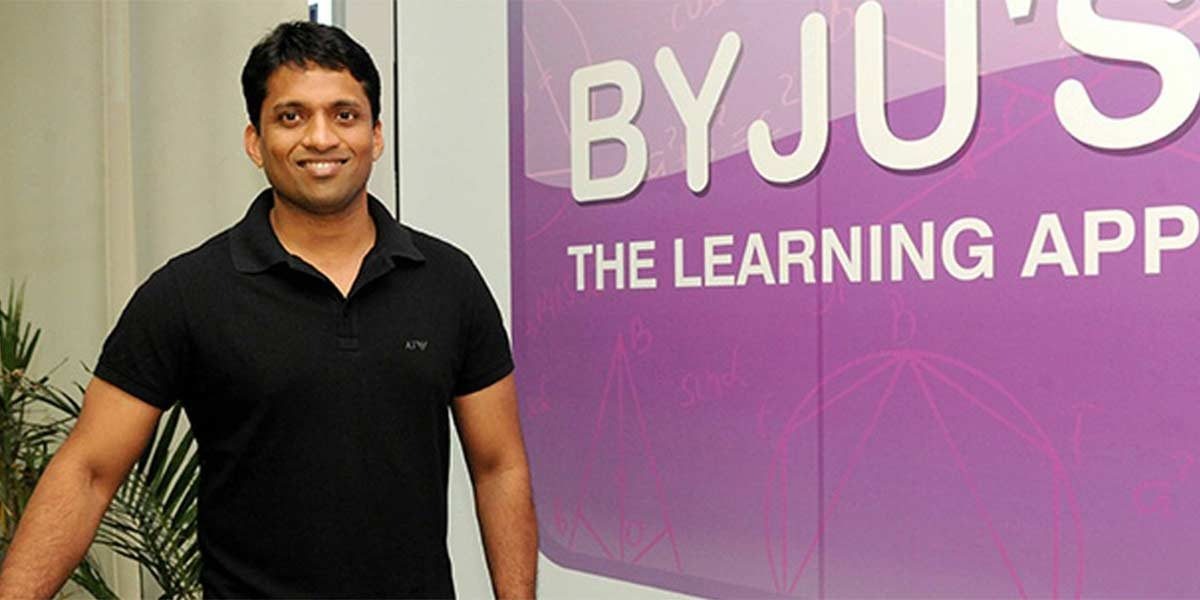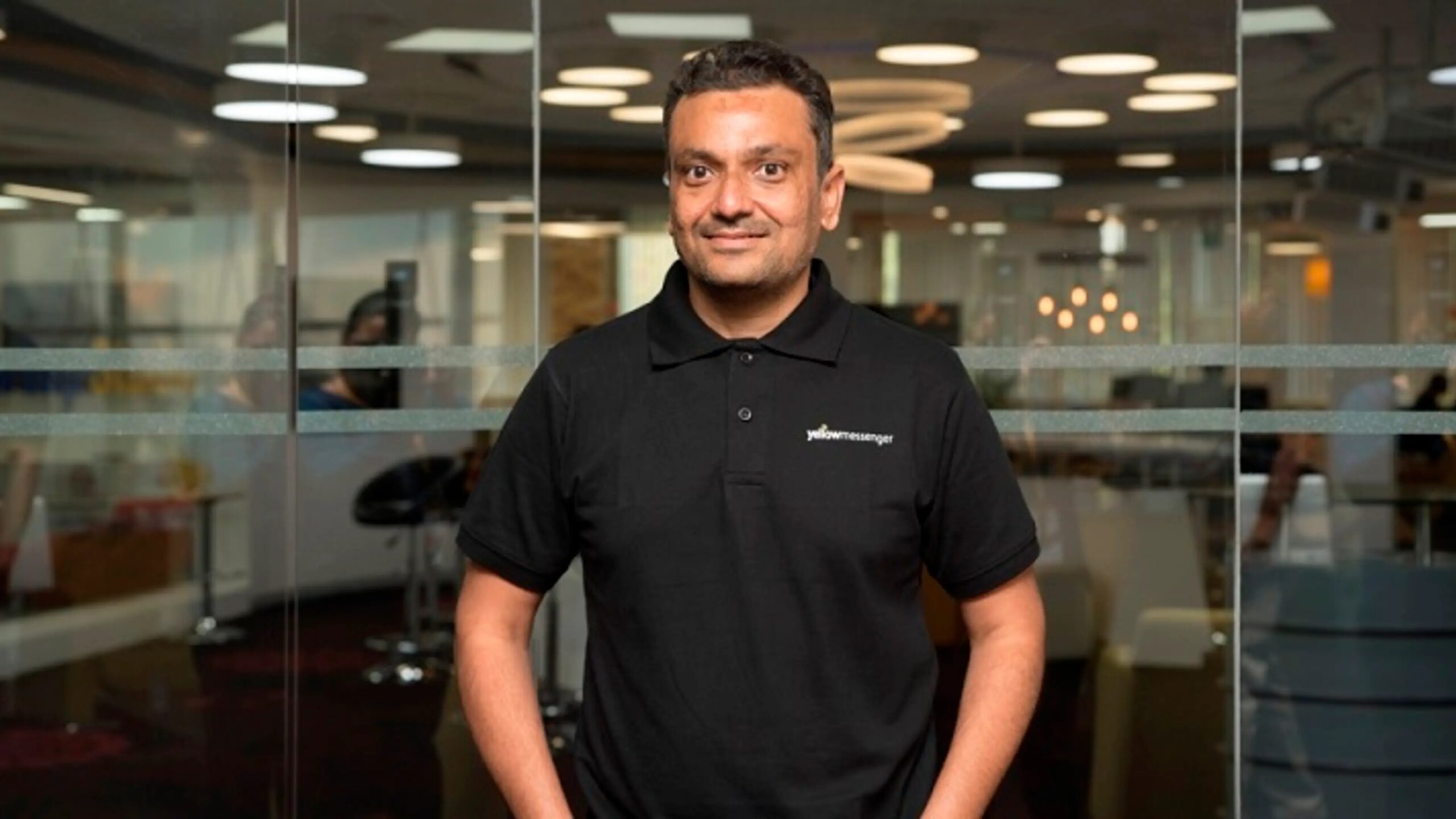Education is the foundation of a society, and it plays a crucial role in shaping the future of individuals and nations. However, traditional methods of teaching and learning have often been criticized for being outdated and ineffective. With the rapid advancement of technology, the education sector has also undergone a significant transformation. One company that has been at the forefront of this change is Byju’s – India’s largest ed-tech startup. In this article, we will delve into the story of Byju’s and how it has revolutionized the education sector in India and beyond.
The Founding of Byju’s
Byju’s was founded in 2011 by Byju Raveendran, a former engineer and teacher from Kerala, India. Raveendran had a passion for teaching and a deep understanding of the Indian education system. He noticed that students were struggling to keep up with the traditional classroom teaching methods, and there was a need for a more personalized and engaging approach to learning.
With this vision in mind, Raveendran started conducting free classes for students preparing for the Common Admission Test (CAT) – a highly competitive entrance exam for management courses in India. His unique teaching style and use of technology to simplify complex concepts quickly gained popularity among students, and his classes became a huge success.
Encouraged by the overwhelming response, Raveendran decided to take his teaching beyond the classroom and launched the Byju’s learning app in 2015. The app offered video lessons, interactive quizzes, and personalized learning programs for students from classes 4 to 12, as well as for competitive exams like JEE, NEET, and UPSC. The app was an instant hit, and within a year, it had over 250,000 downloads.
The Growth of Byju’s
Byju’s continued to grow at a rapid pace, and in 2016, it received its first round of funding from Sequoia Capital, a leading venture capital firm. This was followed by investments from other prominent investors like Chan Zuckerberg Initiative, Tencent, and Naspers. Byju’s also acquired several smaller ed-tech startups, including TutorVista and Edurite, to expand its reach and offerings.
Byju’s success can be attributed to its innovative approach to learning and its use of technology. The app uses a mix of animated videos, interactive quizzes, and gamification to make learning fun and engaging for students. It also offers personalized learning programs based on the student’s learning style and pace, making it more effective than traditional classroom teaching.
Moreover, Byju’s has a team of over 2,500 subject matter experts who create high-quality content for the app. The company also conducts regular teacher training programs to ensure that the content is up-to-date and in line with the latest curriculum.
Impact on the Indian Education System
Byju’s has had a significant impact on the Indian education system, especially in the K-12 segment. The app has over 80 million registered users, with 5.5 million paid subscribers. It is also used by over 1.7 million students in over 2,000 cities and towns across India.
One of the most significant advantages of Byju’s is that it makes quality education accessible to students from all socio-economic backgrounds. The app offers free content for students from classes 1 to 3, and heavily discounted rates for students from classes 4 to 12. This has helped bridge the education gap between urban and rural areas, and has made quality education more affordable for students from low-income families.
Moreover, Byju’s has also helped students in remote areas access quality education. The app is available in multiple regional languages, making it easier for students to understand and learn in their native language. This has not only improved the learning outcomes of students but has also helped preserve regional languages and cultures.
Byju’s has also been instrumental in changing the perception of online learning in India. The app has shown that technology can be used to enhance the learning experience and make it more effective. This has encouraged other ed-tech startups to enter the market, leading to a significant shift towards online learning in the country.
Global Expansion and Partnerships
Byju’s has not limited its reach to India alone. In 2019, the company launched its app in the United States, targeting the K-12 segment. It also acquired Osmo, a US-based educational gaming company, to expand its offerings and reach in the country.
Byju’s has also formed strategic partnerships with several international organizations, including the World Economic Forum, the United Nations Development Programme, and the International Cricket Council. These partnerships have helped Byju’s expand its global presence and reach out to a wider audience.
Challenges and Controversies
Despite its success, Byju’s has faced its fair share of challenges and controversies. One of the main criticisms against the app is that it promotes rote learning and does not encourage critical thinking. Critics argue that the app’s focus on test preparation and scoring high marks goes against the concept of holistic education.
Moreover, there have been concerns about the app’s high subscription fees, which may not be affordable for all students. Byju’s has also been accused of aggressive marketing tactics, targeting vulnerable students and their parents to increase its user base.
Additionally, there have been concerns about the quality of content on the app. Some users have reported errors and inconsistencies in the videos and quizzes, which can be misleading for students. Byju’s has acknowledged these issues and has taken steps to address them, but it remains a cause for concern.
Future Plans and Outlook
Despite the challenges, Byju’s continues to grow and expand its offerings. In 2020, the company launched Byju’s Future School – a one-on-one online learning platform for students from classes 1 to 12. It also acquired WhiteHat Jr., a coding platform for kids, to enter the coding and programming segment.
Byju’s has also set its sights on becoming a global leader in the ed-tech space. The company aims to reach 100 million students by 2025 and expand its presence in the US, UK, and other international markets. It also plans to diversify its offerings and enter new segments like test preparation for international exams and upskilling programs for working professionals.
Conclusion
Byju’s has undoubtedly transformed the education sector in India and has set an example for other ed-tech startups to follow. Its innovative approach to learning and use of technology has made education more accessible, engaging, and effective for students. However, the company must address the challenges and controversies it faces to maintain its position as a leader in the industry.
Byju’s has shown that technology can be a powerful tool in transforming education and bridging the learning gap. As the world continues











